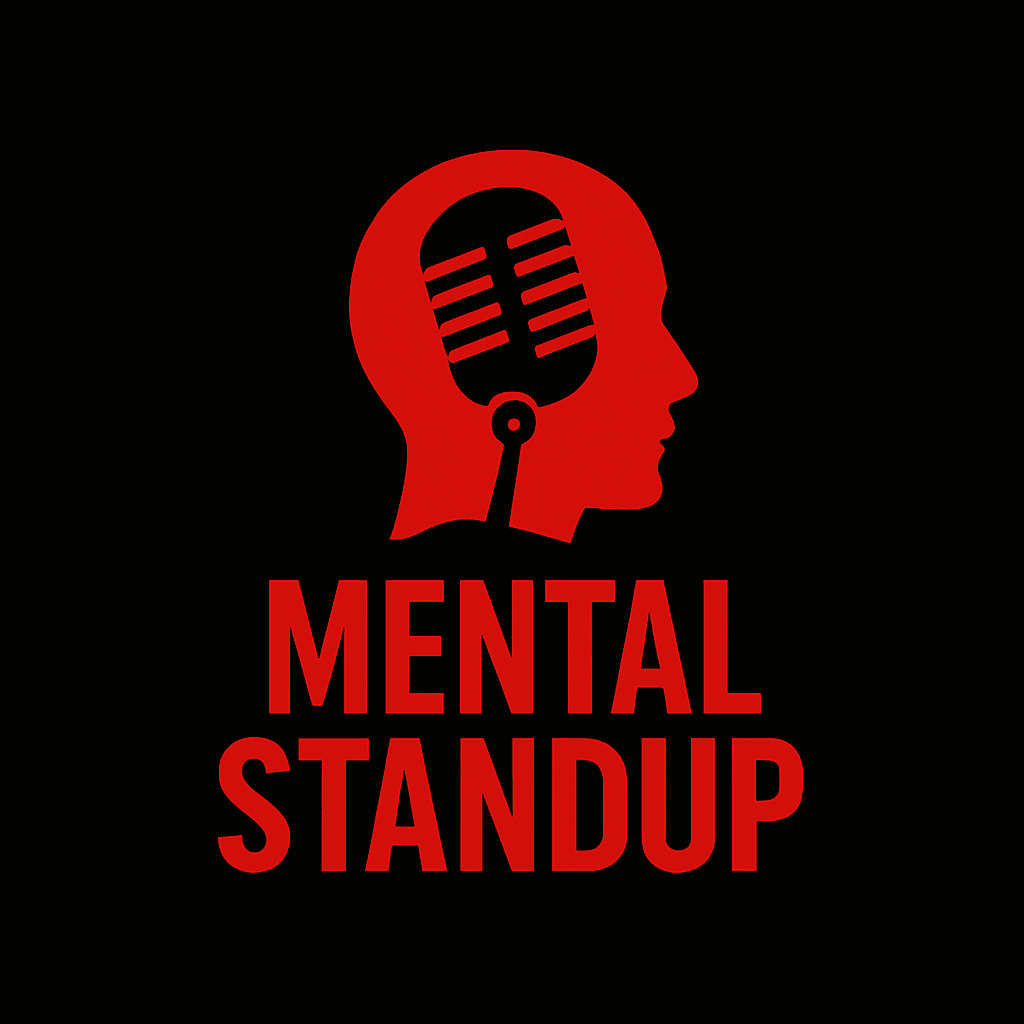Breaking Stigma: How Comedy is Changing Conversations About Mental Health
The Healing Power of Laughter
Mental health has long been a subject shrouded in stigma, often discussed in hushed tones or avoided altogether. However, comedy is emerging as a powerful tool to break down these barriers, encouraging open dialogues and reducing the shame associated with mental health issues. By using humor, comedians and creators are fostering a more inclusive environment that invites people to share their stories and seek help.

Comedy as a Safe Space
Comedy clubs and shows are increasingly becoming safe spaces where individuals can confront their struggles through laughter. The art of comedy allows performers to address sensitive topics in a way that feels approachable and less intimidating. This approach not only entertains but also educates audiences, helping them to understand and empathize with those who experience mental health challenges.
Many comedians use their platforms to share personal anecdotes about depression, anxiety, and other mental health issues. By doing so, they normalize these experiences, making it easier for others to open up about their own battles. This communal sense of understanding can be incredibly healing, creating a ripple effect that reaches beyond the stage.
Breaking Down Barriers with Humor
The power of comedy lies in its ability to break down complex and often uncomfortable topics into digestible pieces. Through satire and wit, comedians challenge societal norms and question stereotypes around mental health. This method of storytelling not only engages audiences but also prompts them to reflect on their preconceived notions.
Humor serves as a bridge, connecting people from diverse backgrounds who might otherwise feel isolated in their experiences. The relatability found in comedy can foster a collective sense of belonging and support, which is crucial for individuals who may feel marginalized or misunderstood.

Influencing Change Beyond the Stage
Comedy's impact on mental health conversations extends beyond live performances. Social media platforms have become a vital space for comedians to reach wider audiences, sharing skits, jokes, and insights that resonate with millions. This digital presence amplifies their message, encouraging followers to engage in meaningful discussions about mental health.
Additionally, comedy has found its way into therapy settings, where practitioners use humor as a therapeutic tool. Laughter can reduce stress, improve mood, and create a positive environment for healing. By integrating comedy into mental health care, therapists can offer patients an innovative approach to managing their conditions.

Supporting Mental Health Initiatives
Comedians are also using their influence to support mental health initiatives and charities. Many participate in fundraising events or partner with organizations dedicated to providing resources for those in need. By aligning themselves with these causes, they help raise awareness and funds, further breaking down barriers surrounding mental health.
The collaboration between comedy and mental health advocates underscores the importance of community effort in addressing mental health challenges. It highlights how creative approaches can inspire change and spread positivity in ways traditional methods may not.
A Future of Open Conversations
As comedy continues to evolve as a medium for social change, its role in mental health advocacy is likely to grow stronger. The more we laugh together about our shared human experiences, the more we can break the stigma that keeps so many from seeking help.
By supporting comedians who champion mental health awareness, audiences contribute to a culture where open conversations are not only accepted but encouraged. Together, through laughter and understanding, we can create a world where mental health is no longer a taboo topic but an integral part of our everyday discussions.
